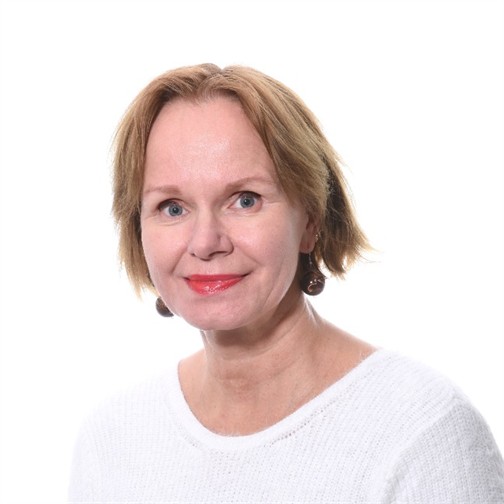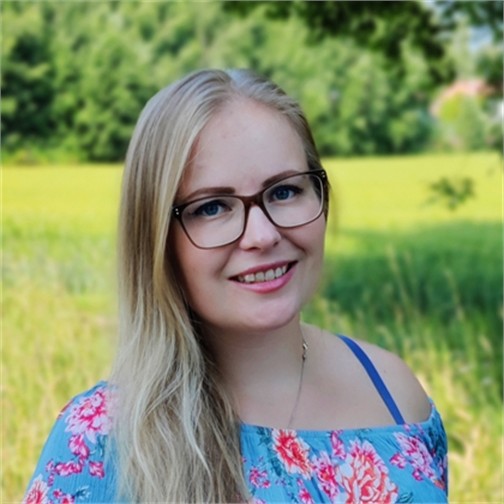Boosting Tanzanian VET-Industry Collaboration

In Tanzania, there is a pressing need for skilled, industry-ready graduates who can not only find jobs but also create them.
TVET@Work sets out to strengthen the cooperation between the employers and vocational education training (VET). Together with our European and Tanzanian partners, we aim to build the capacity of VET providers. We will provide education in line with skill requirements of public and private stakeholders in various sectors. The focus will be on provision of key competencies. That includes entrepreneurship, innovation in VET, and skills matching with current and future job or business opportunities.
We want to improve the quality and responsiveness of technical vocational education training to economic and social developments. Our specific objectives are also aligned with Tanzania’s regional and national development strategies.
During the project we will focus on training VET teachers, who are agents of improved practices. VET teachers reach thousands of students during their lifetime careers, so through them new ideas and practices can reach the widest maximum number of students and employers.
VET teacher trainers and trainees will be equipped with the skills to train entrepreneurship for their students using digital solutions, and with digital pedagogy skills. The focus is also on highlighting the skills on how to cooperate with the industry, including the inclusion in industrial attachments and civic engagement.
We hope to incur positive and long-lasting effects on the students, VET teachers, participating organizations, and policy systems.
More information:


About TVET@Work
The project is part of Erasmus+ Capacity Building for Vocational Education and Training and runs from 1.12.2023 to 30.11.2026. It is co-funded by the European Union. The partners are Vocational Education and Training Authority (VETA) with its affiliate Morogoro Vocational Teacher Training College (MVTTC) and HakiElimu in Tanzania, Karume Institute of Science and Technology (KIST) in Zanzibar, Centro San Viator in Spain, and 3DBear in Finland.